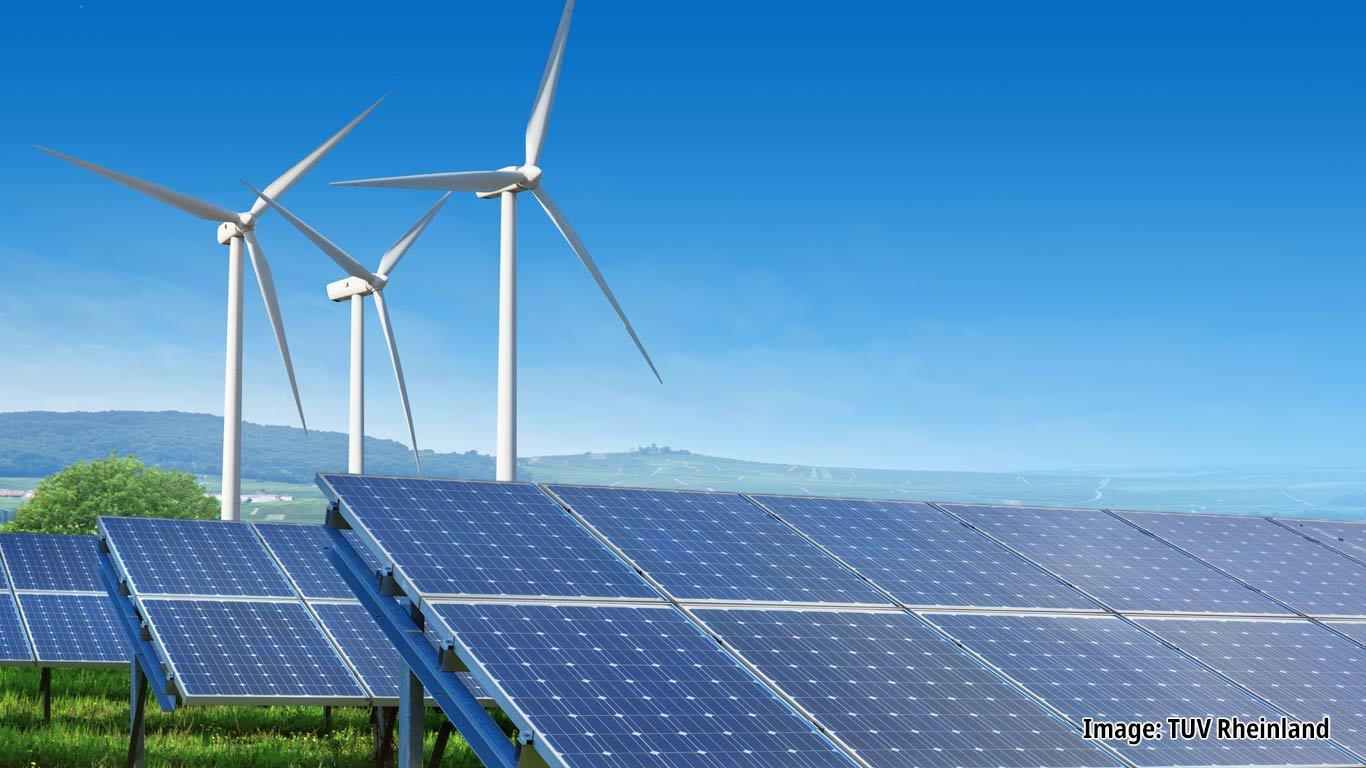
Waste-To-Energy Programme Guidelines Revised To Boost Clean Energy Sector
The updated guidelines focus on simplifying procedures, accelerating financial assistance, and linking support mechanisms to plant performance metrics.
The new framework addresses several operational challenges by reducing paperwork requirements and streamlining approval processes.
These modifications are expected to benefit both private and public sector participants, with particular advantages for micro, small, and medium enterprises seeking to enhance production of compressed biogas, biogas, and power generation.
The changes support improved waste management practices, including agricultural stubble and industrial waste processing, while contributing to India's commitment to achieve net-zero emissions by 2070.
A significant component of the revised guidelines involves restructuring the Central Financial Assistance disbursement system.
The ministry has introduced flexible provisions that address previous challenges where developers struggled to achieve the required 80 percent generation threshold.
Under the updated framework, financial assistance will be released in two stages rather than requiring full project completion before support becomes available.
The new disbursement structure allows for 50 percent of total Central Financial Assistance to be released upon obtaining the Consent to Operate certificate from the State Pollution Control Board, secured against a bank guarantee.
The remaining assistance will be provided after achieving 80 percent of rated capacity or maximum eligible capacity, whichever is lower.
Additionally, the guidelines include provisions for proportional disbursement based on actual output percentages, even when projects do not reach the 80 percent generation target, though no assistance will be provided if the plant load factor falls below 50 percent.
The inspection process has undergone refinement to enhance credibility and accountability. Joint inspections will be conducted by the National Institute of Bio-Energy, an autonomous institute under the ministry, alongside one agency from among State Nodal Agencies, Biogas Technology Development Centers, or other ministry-empaneled organizations.
For developers choosing not to pursue advance financial assistance, only a single performance inspection will be required, reducing procedural delays.
The revised guidelines also extend flexibility regarding claim timelines, allowing project developers to submit Central Financial Assistance claims within 18 months from either the commissioning date or the in-principle approval date, whichever occurs later.
This modification provides additional operational flexibility for project implementation and financial planning.
These policy adjustments represent a strategic approach to supporting clean energy development in industrial sectors.
By connecting financial support to actual performance outcomes, reducing compliance burdens, and improving funding accessibility, the ministry aims to establish a more conducive business environment.
The initiative is expected to benefit private sector participants in the waste-to-energy sector while advancing India's objectives for sustainable waste management and renewable energy expansion.
(KNN Bureau)
Legal Disclaimer:
MENAFN provides the
information “as is” without warranty of any kind. We do not accept
any responsibility or liability for the accuracy, content, images,
videos, licenses, completeness, legality, or reliability of the information
contained in this article. If you have any complaints or copyright
issues related to this article, kindly contact the provider above.

















Comments
No comment